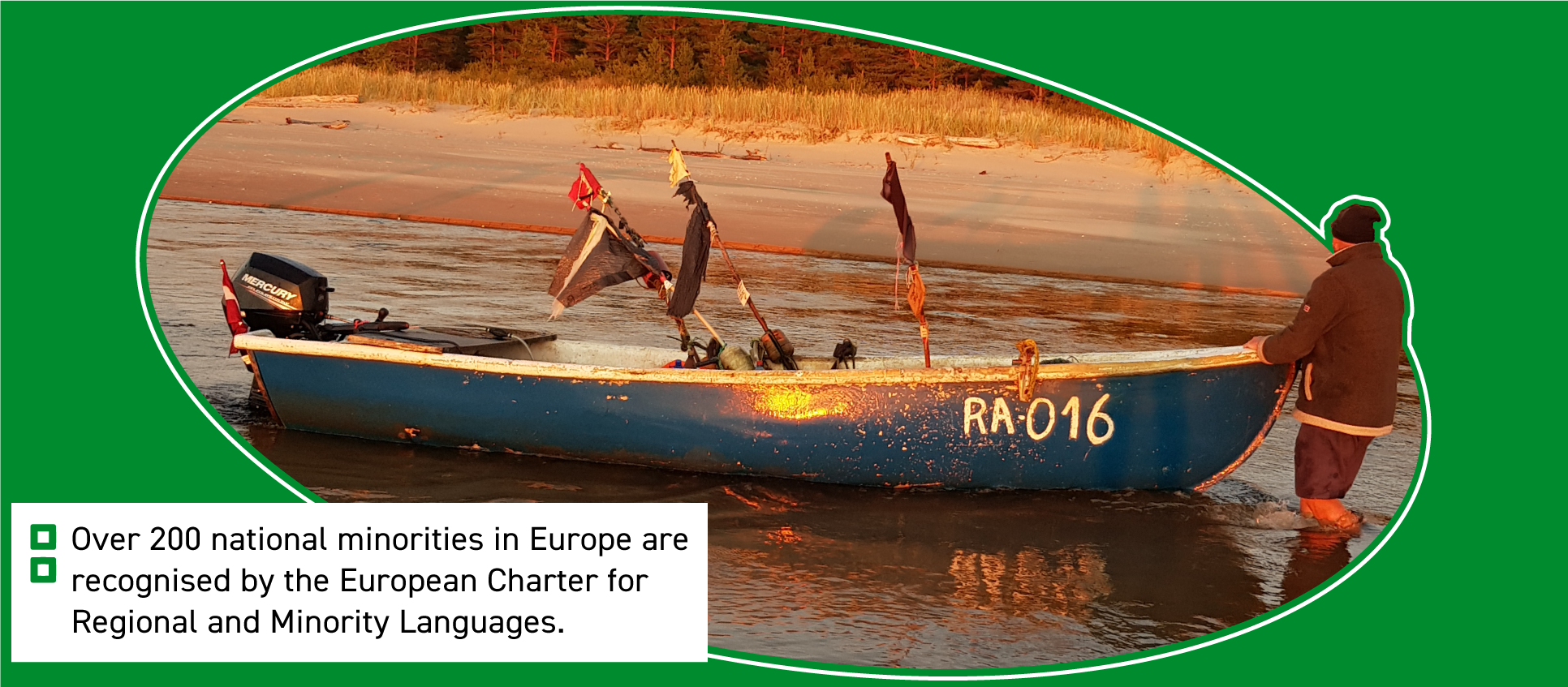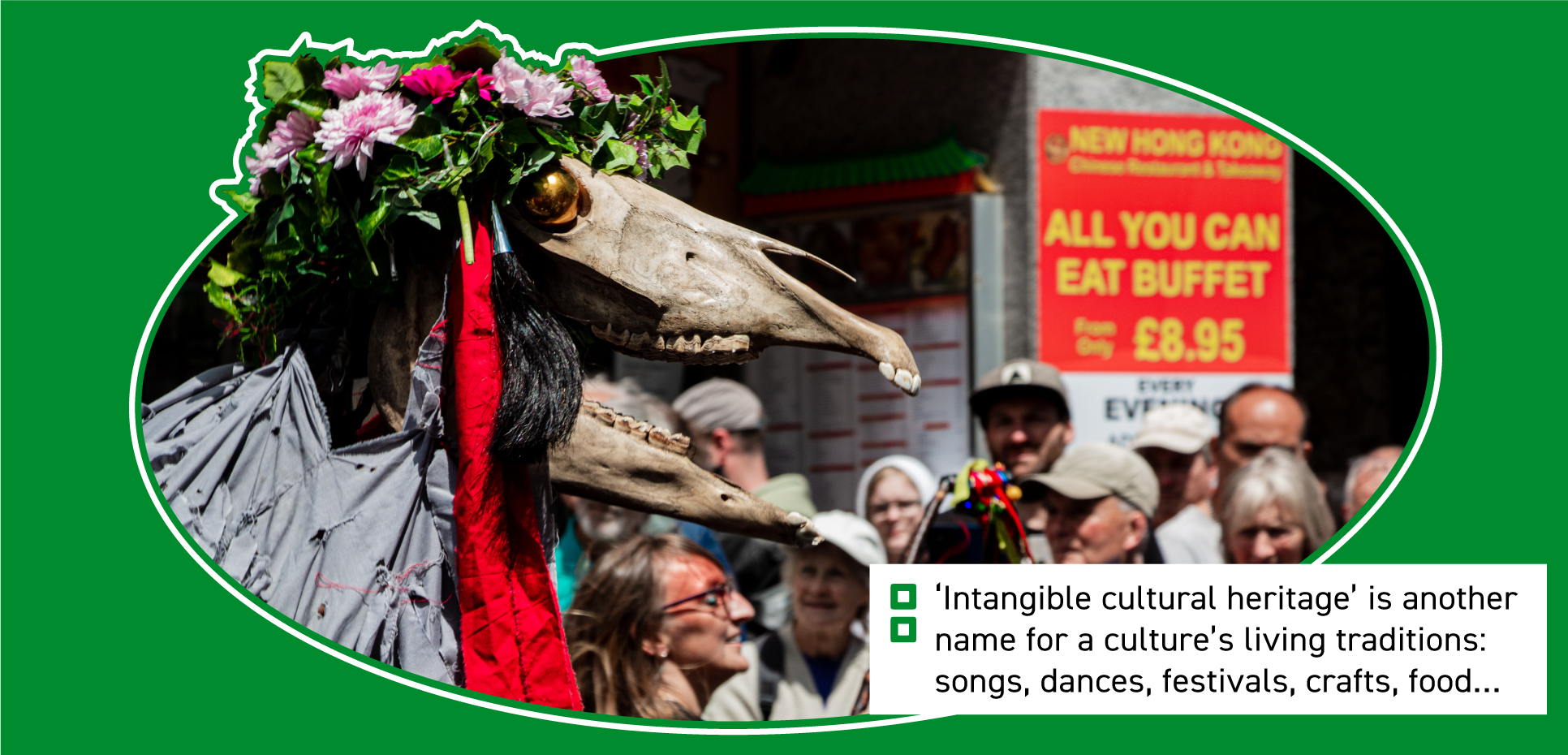
|

|
Re:voice is a research project led by Falmouth University in the UK, with the University of Groningen in the Netherlands, the University of Tartu in Estonia, and the University of Latvia. We are looking at European national minority cultures in each country: Cornish, Frisian, and Livonian. We’re thinking about how different groups in society interact and engage with cultural heritage – and each other. We want to find ways to amplify the voices of these groups (and others like them) in relation to their heritage, and ask how minority and majority together can give voice to a richly textured, balanced whole.
It’s often surprising to find out that within the nations that make up Europe there are many national, ‘indigenous’, minority cultures; not including the many other cultures that people have brought with them as they’ve migrated from other parts of the world, making a cultural picture even richer than may meet the eye.

‘Intangible cultural heritage’ – another name for a culture’s living traditions – is one way that people connect with who they are: and for national minority groups, it can be an important way to keep connected with an identity that’s not just part of the national one – although it may include that identity, too. This ambiguity is something we are thinking about in this project.
According to UNESCO, intangible heritage is something passed down over generations within ‘communities, groups, and individuals’. But who are these communities? There is often no clear divide between who does and doesn’t belong to a particular cultural group. Insider-outsider is a spectrum, not a binary. Those born in a region may leave, while in-comers move into the region and embed themselves to greater or lesser extents into the cultural communities they find there.

How people at any point on the spectrum get involved with minority cultural heritage is something that we think hasn’t been explored enough in a European context.
By asking how people from different corners of society can be involved, but without compromising minority culture ownership and identity, we hope to find ways to make intangible cultural heritage, and the people who practise it, visible and resilient for the future.
We’d like to thank our project partners Mercator European Research Centre on Multilingualism and Language Learning; in Cornwall: Cornwall Council, Tate St Ives, Screen Cornwall, and Cornwall Museums Partnership, as well as the members of the Stakeholder Sounding Board; in Latvia and Estonia: the Latvian Association of Local and Regional Governments, the Professional Association of Rural Tourism, the Livonian Union, the Livonian Culture Centre, the Association of Ventspils Livonians, and the Society of Livonian Friends; in The Netherlands, Keunstwurk/STAF and Tryater – as well as all our research participants who have taken the time to share their perspectives with us.
If you’d like to get in touch with the project team please contact us at revoice@falmouth.ac.uk